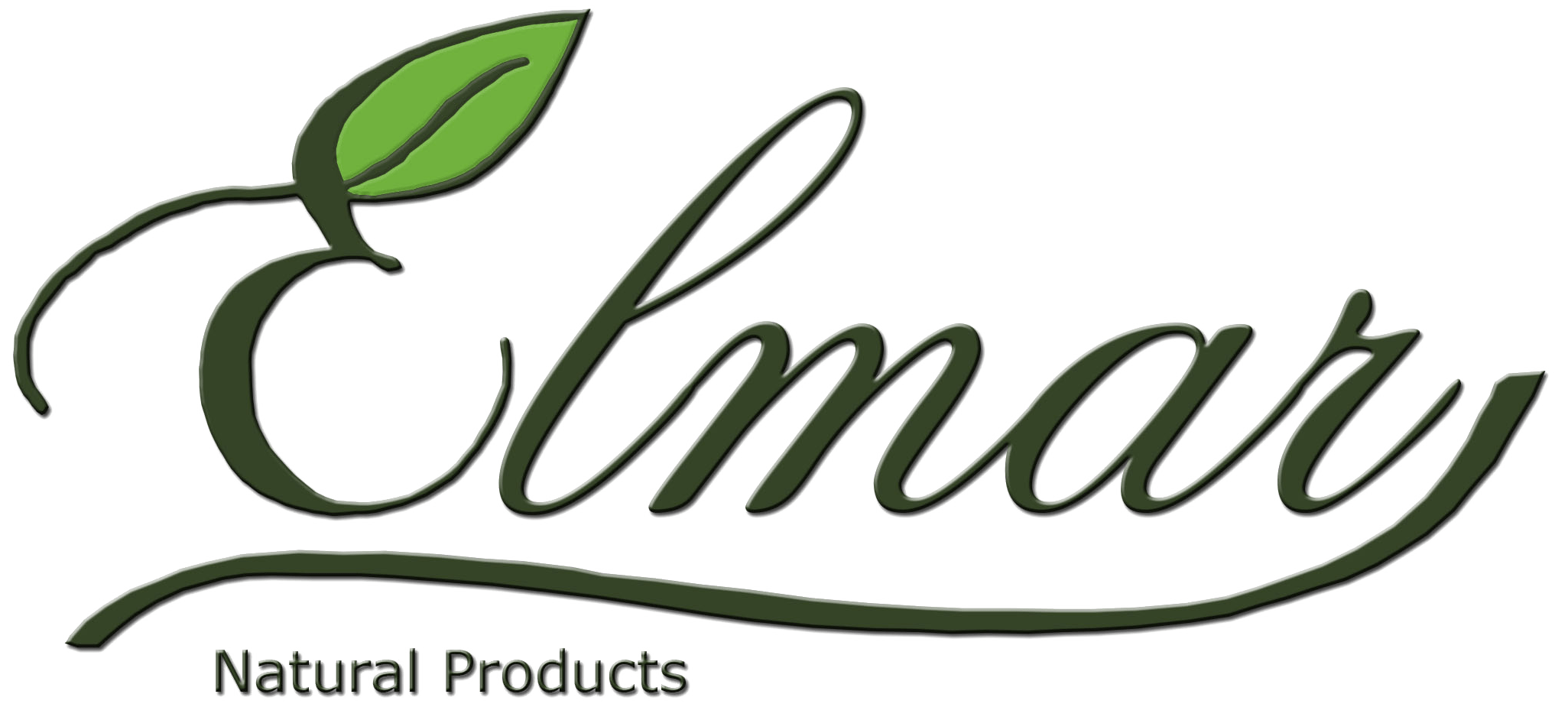With over 81,000 hectares, accounting for a third of the province’s planted forest area, Yen Bai is one of the localities with the largest cinnamon production and area in the country. Cinnamon contributes to poverty reduction, helping local people have the opportunity to get rich. However, the economic benefits of cinnamon are still not commensurate with its potential.

Manufacture of cinnamon products at Vietnamese cinnamon and star anise Cooperative, Dao Thinh Commune, Tran Yen District. (Photo: Internet)
Cinnamon has become a traditional crop that brings the main income to many locals in Yen Bai. The whole province currently has over 81,000 hectares of cinnamon, concentrated mainly in 5 districts: Tran Yen, Van Yen, Van Chan, Luc Yen, and Yen Binh. In particular, in Van Yen and Tran Yen districts, cinnamon covers all communes and towns. On an annual average, localities exploit about 18,000 tonnes of cinnamon bark; 85,000 tonnes of branches and leaves with an average output of 600 tonnes/year, and 200,000 m3 of cinnamon wood for wood processing and export.
According to cinnamon growers, each hectare has an average value of over VND 900 million. In some areas with suitable climate and soil conditions, growing cinnamon under technical procedures can bring a value of over one billion VND/ha. Therefore, the income of many households is guaranteed to reach hundreds of millions, even billions of VND per year.
Especially, in the past time, the linkage between enterprises and cooperatives with cinnamon growers has been paid attention by the provincial authorities to focus on developing and forming value chains associated with the production and consumption of organic cinnamon and cinnamon products.
Currently, some enterprises such as Visimex, Olam Vietnam, and Son Ha Company have signed contracts with people to build up cinnamon production areas that meet organic standards in the districts. Up to now, the whole province has over 6,757 hectares of cinnamon which is granted organic certification. Of which, Van Yen district has 4,612 ha and Tran Yen 2,145 ha.
Typically, Vietnamese cinnamon and star anise Cooperative, Dao Thinh Commune, Tran Yen District, was established in 2017 with a charter capital of VND 10 billion and the participation of 22 members. The cooperative is currently developing concentrated production areas on an area of 90 ha, with an average purchase volume of 70 – 80 tonnes of cinnamon/month. By joining the cooperative, members can consume products at higher prices than the market price.
In addition to the achieved results, the production and processing of cinnamon are still limited. Currently, the province has 16 large-scale cinnamon essential oil extraction plants using steam technology, with a total capacity of about 1,000 tonnes of essential oil products per year. In addition, there are more than 400 small-scale cinnamon essential oil processing establishments of households operating irregularly, producing by manual methods, each year producing from 300 – 800 kg/year/establishment.
However, the plants have only produced crude oil with a low essential oil content of 82 – 85% and mainly export to markets such as China, Taiwan, and India; handicrafts, cinnamon powder, etc are mainly for domestic demand. Therefore, the product value of cinnamon is very low.
In addition, cinnamon is currently under a lot of pressure: the matter of pests and diseases, the process of growing and caring for cinnamon not following the technical process, especially the situation that people do not exploit reasonably, excessive harvesting of cinnamon branches and leaves makes the plant grow poorly and at risk of reducing the quality; the supply chain is not strictly organized, promotion capacity and market understanding are weak, causing economic benefits not commensurate with the potential.
With outstanding advantages, cinnamon continues to be a key crop for the province’s economic development in the following years. Therefore, in the coming period, the province will develop cinnamon growing areas until 2025 in 5 districts: Tran Yen, Van Yen, Van Chan, Luc Yen, and Yen Binh, with an area of over 80,000 ha; which focuses on the development of concentrated and specialized areas reaching 35,000 ha with 20,000 ha granted organic certification.
Regarding policies, the province has issued a policy to support the development of organic cinnamon production linked by the value chain in the period 2021 – 2025 according to Resolution No. 69/2020/NQ-HDND dated December 16, 2020, of the Provincial People’s Council; facilitating site clearance for enterprises when investing in processing cinnamon products.
Regarding the orientation of cinnamon development, Mr. Dinh Dang Luan – Director of the Department of Agriculture and Rural Development said: The province will focus on supporting the sustainable development of organic cinnamon to meet domestic and foreign market needs, to bring Yen Bai cinnamon products into developed markets such as Europe, America, and Japan; Link cinnamon production along the value chain from production, exploitation, processing, and consumption; Focus on deep processing to bring high-value products.
At the same time, the province will plan cinnamon bark, wood, and essential oil processing facilities sustainably, aiming to the application of good processing technologies and quality management processes to improve the quality and value of cinnamon products. In addition, the province will spread models of intensive farming and organic cinnamon production towards the issuance of sustainable forest management certificates.
